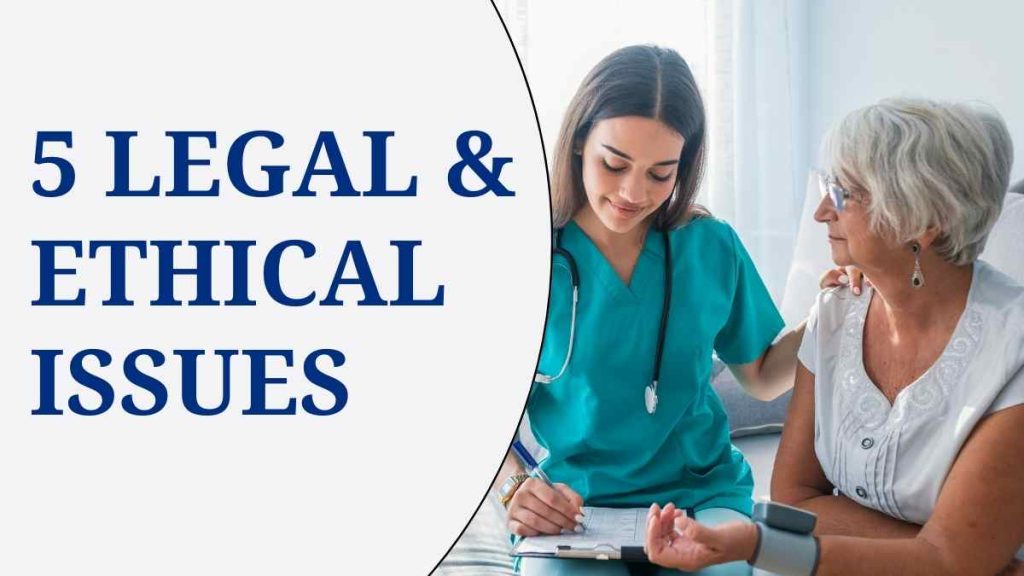- Oak Brook:(630) 705-9999
- Chicago:(312) 920-8822
- Email:inquiry@vervecollege.edu
- Make a Payment
- Home
- Programs
- Admission
- Resources
- ATI Entrance Exam Resources
- New E-Digital Library
- Refer a Friend
- School Newsletter
- Events
- Employers
- Job-Network
- Alpha Beta Kappa Candidates
- Verve College Library
- Graduation and Pinning Ceremony Photo Galleries
- Textbook Information
- Career Services
- Tutoring
- School Catalog
- FAQ
- Constitution Day Program
- Alumni
- Verve College Plans
- Financial Aid
- HEERF Reporting
- Satisfactory Academic Progress
- Apply For Financial Aid
- Net Price Calculator
- Return of Title IV Funds (R2T4)
- Financial Aid Office Code of Conduct
- Contact
- FAQs
- Verification Policy
- Vaccination Policy
- Student Right-to-Know Act
- Misrepresentation
- Information Security Program
- Academic Award Year
- Availability of Employee
- Cost of Attendance
- Health & Safety Exemption Requirement
- Students Rights and Responsibilities
- Leave of Absence
- Pell Formula
- Military Students
- Grants/ Scholarship Policy
- Contact Us
- Login
- Testimonials
- Blog
Is a Nursing Career Right For You?
Take The Free Quiz
5 Legal Issues in Nursing
5 Legal Issues in Nursing
Nursing is a rewarding profession but comes with its share of liability concerns. Legal ramifications for nurses include malpractice and inappropriate information disclosure. While practical nurse to LPN classes with prerequisite courses may delve into this subject, ongoing independent research can also be helpful in health care settings. Here are some legal issues in nursing that medical assistants might face in a variety of health care. Let’s discuss the legal issues in nursing.
5 Legal Issues in Nursing Are as Follows:-
Malpractice
Patients can bring charges if they feel that you have performed a procedure beyond your scope of practice or if you fail to follow closely the physician’s orders for patient monitoring in nursing homes. Healthcare teams who choose not to follow standards of care are more likely to make mistakes that can cause harm to patients in healthcare settings.
To be considered a malpractice, the case must meet four criteria:
- Duty: A relationship has been established, e.g., the nurse-patient relationship.
- Breach: LPN nursing programs (diploma programs at community colleges) teach to meet a reasonable standard with great practical nursing practice according to the professional practice guidelines in clinical settings.
- Damages: The injured or harmed patient.
- Causation: The health care provider’s actions or inactions have been proven to be responsible for the injury or harm suffered by the patient.
Negligence
Negligence and malpractice are very similar, but they differ in that the intent is different. Negligence is more likely to result from an unintentional mistake. At the same time, malpractice occurs when a nurse intentionally deviates from professional standards or protocols. Negligence can be defined as administering incorrect medication to direct patient care or failing to record nursing observations.
Defamation
Defamation is when someone presents false or accusatory claims as facts. This can damage someone’s character or reputation. Defamation can be in two forms: libel is a written statement, while slander is a spoken one. A nurse posting disparaging remarks about her supervisor on social media is an example of libel. Slander is when you spread untrue information about your co-workers through gossip.
Battery
Battery is an offensive or harmful touch on someone without their consent. Nursing duties such as giving medication or helping a patient go to the bathroom require physical contact or proximity with the patient. You must be aware of what constitutes battery and ensure that consent has been obtained before performing your duties. Patients have the right not to accept help or treatment.
Information Disclosure
Nurses are frequently and directly exposed to patients’ personal health information and must protect that information. Patients have the right to privacy, and they expect confidentiality. The Health Insurance Portability and Accountability Act states that any unauthorized sharing or disclosure of identifying information about patients is illegal. Nursing staff must not discuss patients’ health with anyone who does not have the right to know. This includes verbally and in writing. It is important to maintain confidentiality even when you are with other nurses and healthcare professionals.
What Potential Legal Ramifications Do Nurses Face?
These legal issues in nursing may have serious consequences for nurses unaware of them. The repercussions can vary depending on the allegation, but nurses could face:
- Patients, co-workers, and employers lose trust
- Unpaid Leave from Work
- Demotion
- Job Termination
- Fines
- Prison time
- Loss of license
Want to Make a Career in Nursing? Get More Information About Our Courses!
The health care team has to be aware of legal regulations due to their intimate responsibilities. Nursing professionals should be aware of the current laws governing medical care, given that they can cause serious legal problems in long-term care facilities. Medical surgical clinical courses of licensed practical nurse programs near me often include coursework with hands-on clinical experience that addresses nursing care-related legal issues, helps nurses report concerns properly, and protects their licenses and livelihoods.
 Sign up
Sign up Login
Login




